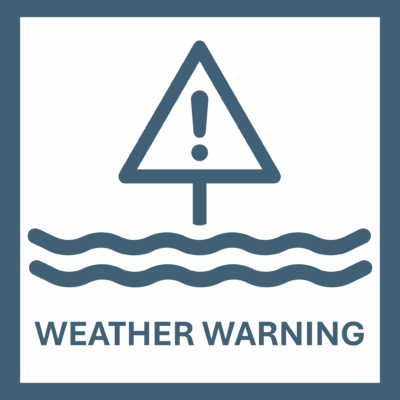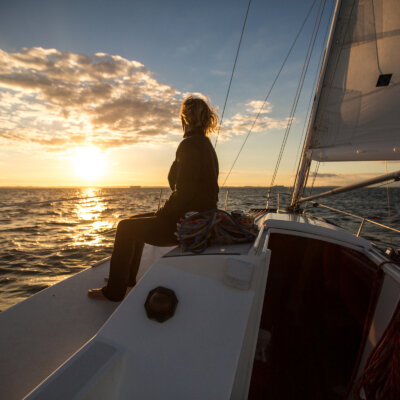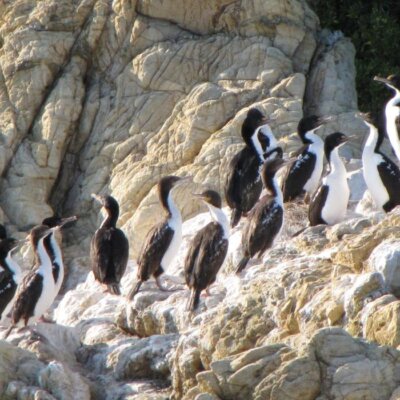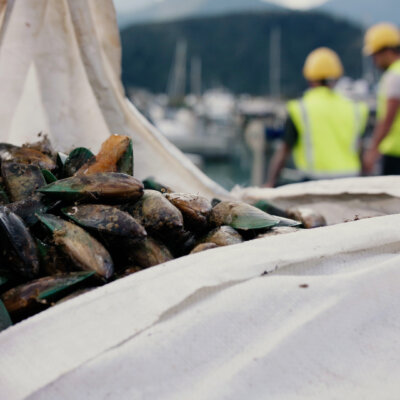Dusky dolphins in the Sounds
Feeding behaviour of Dusky dolphins in the Sounds
There have been quite a few dusky dolphins seen in the Sounds over winter. They are seen in their thousands all year round in Kaikoura, and a smaller number migrate north to feed in the Sounds and Tasman Bay.
At this time of year, Dusky Dolphins are spending a considerable proportion of their time feeding, chasing bait fish and squid. Feeding can be accompanied by extensive aerial display and acrobatics, which are believed to help synchronize cooperative foraging. Probably our most acrobatic species of dolphin, the Dusky’s repertoire includes head-over-tail leaps, backslaps, head slaps, tail slaps and spins. This provides boaties with a great show, however it’s important to watch from a distance.
What we can’t see from our boats, is the actions of the dolphins underwater. Dusky’s will often feed cooperatively, spending considerable time and energy rounding up fish into a ball. Members of the pod will take turns at maintaining the ball, while the others pick off the fish on the outside of the ball. This feeding tactic increases their efficiency at getting prey. However, getting too close in your boat had the obvious impact of scattering the fish and wasting their efforts!
As a boatie in the Sounds, it’s really important to take care around our marine mammals. The best way to view feeding dolphins is to approach slowly, stop at no closer than 50m and turn your engines to neutral. Sit back and enjoy the show – and it’s not unheard of for dolphins to use a boat as a tool in their herding!
Other boating regulations when it comes to dolphins are:
- There should be no more than three vessels within 300 m of any marine mammal, additional vessels may watch from 300 m.

- Your vessel should approach travelling dolphins from behind and to the side.
- Do not circle them, obstruct their path or cut through any group.
- Operate your boat slowly and quietly at ‘no wake’ speed when within 300 m of any marine mammal.
- Don’t swim with any pod that contains juveniles.
Enjoy your boating season and viewing our precious marine mammals in the Sounds.
Content provided by Wendy Sullivan, Community Ranger for Picton Department of Conservation




